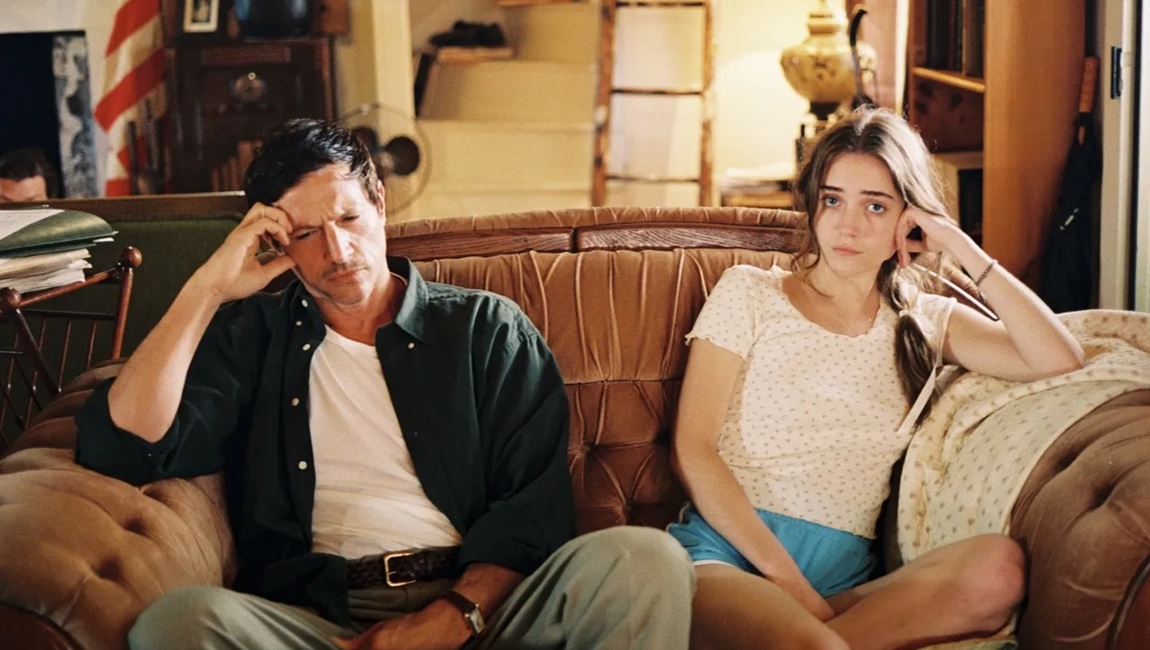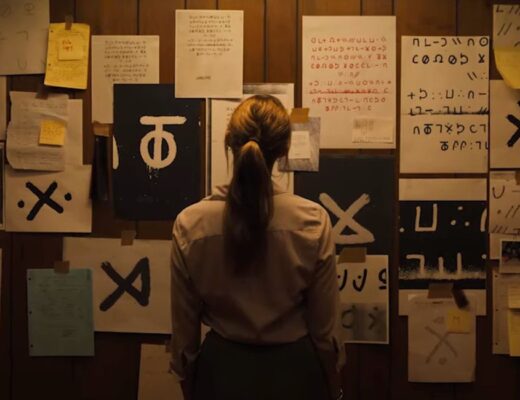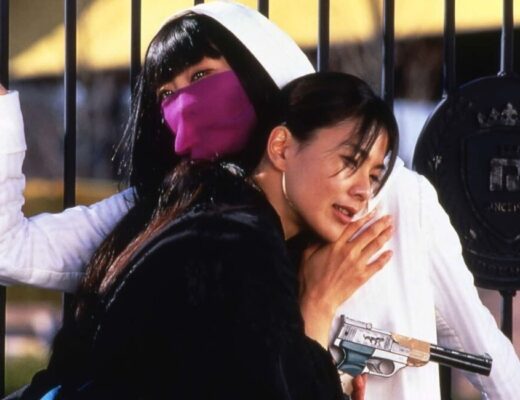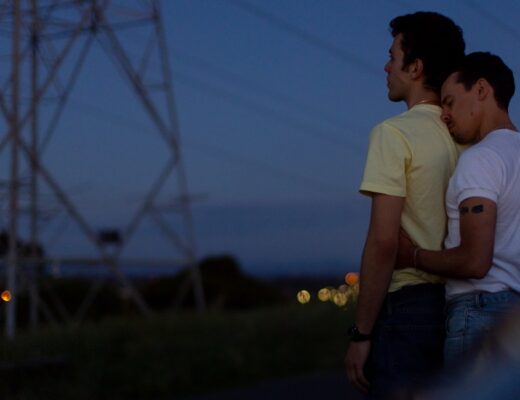In Sean Price Williams’ directorial debut The Sweet East, Lillian (Talia Ryder) snaps to Ian (Jacob Elordi), “I believe that you’re more enamored in basking in your supposed infamy than winning a convert to your cause, which to my understanding has to do with creating a better cause.” A few scenes later, a group of white nationalists storm a film shoot in one of the many displays of electrifying absurdity that composes The Sweet East’s genre-defying send-up of modern-day social stratification and neuroses.
Broadly-speaking, The Sweet East is a Northeastern picaresque that employs film critic Nick Pinkerton’s cutting wit to tell the story of Lillian, a high schooler on a class trip to D.C. who absconds when a gun-wielding conspiracist starts firing rounds into the ceiling of Comet Ping Pong, the locus of the 2016 Pizzagate conspiracy. What follows is a down-and-outwardly spiraling series of vignettes that takes Lillian through America’s concentric communities (or cults), pushing her, in the pace of her centripetal acceleration, toward the fringes of the country’s crumbling constitution. Among those she encounters are Caleb (Earl Cave), a pseudo-punk “artivist” with a trust fund and questionable mixed-media abilities; Lawrence (Simon Rex), a white-Nationalist professor with the romantic sensibilities of Humbert Humbert and the literary sensibilities of a goth undergrad; Molly (Ayo Edibri) and Matthew (Jeremy O. Harris), navel-gazing filmmakers; and Mo, a hyper-masculine pseudo-militant that likes to pray until sundown and dance to EDM in the woods. With The Sweet East, Sean Price Williams and Nick Pinkerton offer something that breathes new life into indie filmmaking, by refusing to cater to the need for inherent meaning or tidy categorization that pervades art today. Fortunately, we had the opportunity to speak with Sean and Nick, alongside actors Talia Ryder, Simon Rex, and Earl Cave, ahead of the film’s theatrical release.
Conor Truax: I had the privilege of seeing the movie a few days ago and really enjoyed it. Nick, you fittingly played a film critic in Al Warren’s Dogleg earlier this year. One of my favorite lines in that movie is near the end when Al’s character asks you if his movie has a pervading thought or idea. And you’re like, “no, there’s no pervading thought.” I’m curious what your pervading thoughts were as you all went about making the film?








